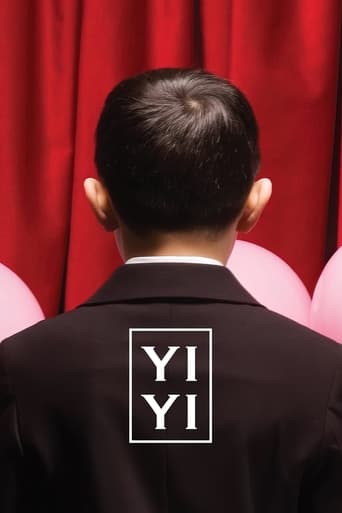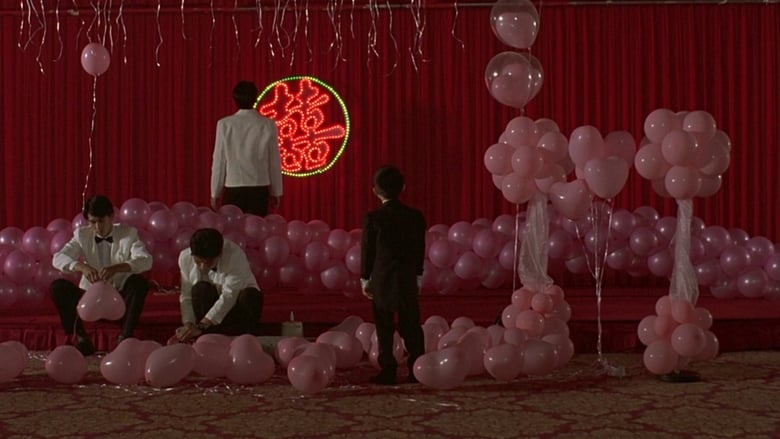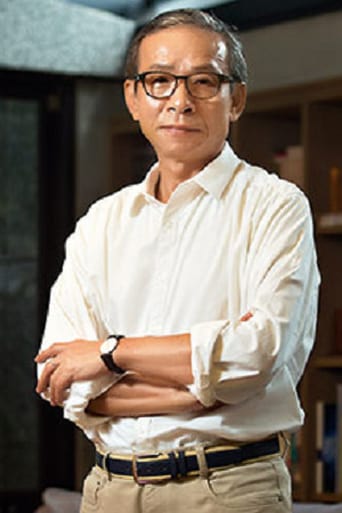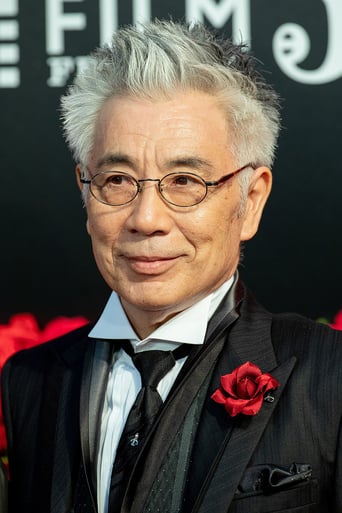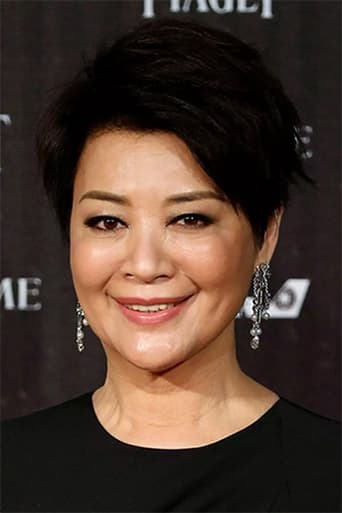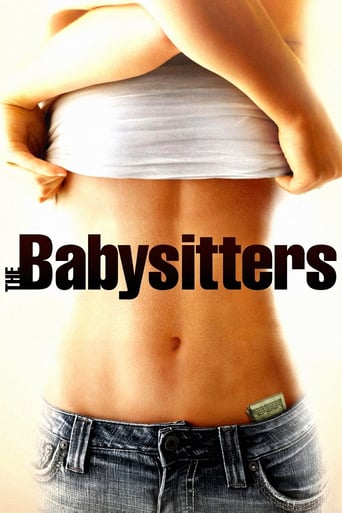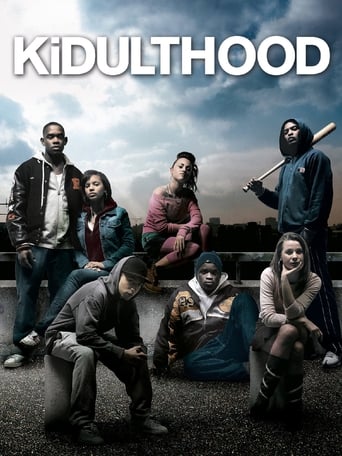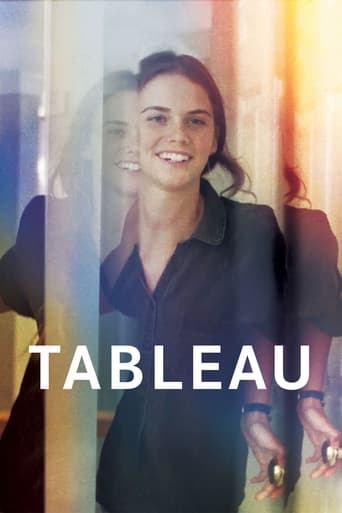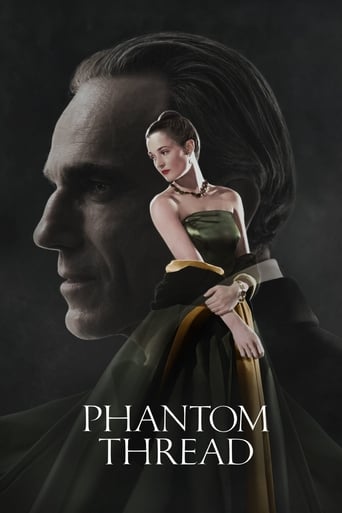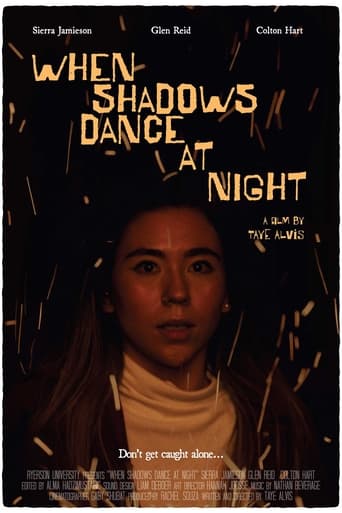Yi Yi (2000)
Each member of a family in Taipei asks hard questions about life's meaning as they live through everyday quandaries. NJ is morose: his brother owes him money, his mother is in a coma, his wife suffers a spiritual crisis when she finds her life a blank and his business partners make bad decisions.
Watch Trailer
Free Trial Channels
Cast


Similar titles
Reviews
SERIOUSLY. This is what the crap Hollywood still puts out?
just watch it!
One of the best movies of the year! Incredible from the beginning to the end.
Strong acting helps the film overcome an uncertain premise and create characters that hold our attention absolutely.
"People adore fences, but Nature doesn't give a hoot. Solitude is a human presumption." - Barbara Kingslover Like all of Edward Yang's pictures, "Yi Yi" is set in Taipei, the capital of Taiwan. Framed by a wedding and a funeral, and so union and separation, the film charts the trials and tribulations of at least four generations of Taiwanese men, women and children. Translated into English, Yang's title means "one one", or "each one".The film itself is preoccupied with "ones". Though Yang immerses us in a tapestry of relationships, each of his characters remain irrevocably alone. There's a dying grandmother, two schoolgirls, several men, women, husbands, wives, co-workers, past lovers...a smörgåsbord of interpersonal but impersonal drama. Everyone's oblivious to everyone else, forever trapped in their own private boxes."We haven't yet surpassed fighting and killing games because we haven't fully understood ourselves," a character says. "Yi Yi" itself posits human suffering as a failure of both perception and self-reflexivity. Our characters don't know what they want, why they hurt, act, how others see them or why and how others feel. Rectifying this is a character called Yang Yang, a precious eight year old who delights in taking photographs of "hidden" and "invisible things", including the backs of the heads of others. "You can't see it," he says, "I'm helping you." It is through Yang Yang that Edward Yang develops the film's autobiographical subplot. He turns the film's eight year old into a miniature version of himself, a budding sage who explores the catacombs of Taiwan and stumbles upon profundities which everyone else ignores. "Can we only know half the truth?" the kid asks, and resolves to become a photographer, determined to push the limits of human perspective.More than Yang's previous films – most of which are essentially Antonioni with rice - "Yi Yi" portrays contemporary capitalism as alienating, isolating and conducive of depression. "I'm never happy," one character mourns. "How can we be happy when we don't love what we do?" comes the reply. The World Health Organisation itself estimates that depression will be the second largest contributor to global death/disease by 2020, but such rates in urban Japan and China are already exorbitantly high; the very conditions capitalism requires negatively impacts children and workers.But if Antonioni is noxious and suffocating, "Yi Yi" portrays a more beautiful form of alienation. Yang's film is filled with boxes, squares, human beings immaculately framed by walls, windows, doorways or lost in the aural cocoons afforded by headphones. Lovers meet under bridges, humans pass one another in hallways, brush anonymous shoulders in elevators or hang suspended above highways in their pressure-cooker apartments. Yang's urban spaces are harsh, but beautiful, with sprinkles of green and patches of warm blacks and red. With Yang, characters and environment seem inseparable. Often his static shots of places and spaces seem more interesting, and thrilling, than the human beings who mope before them. Elsewhere his images evoke Edward Hopper ("Night on the El Train", "The Wine Shop", "Automat", "Night Windows", "House at Dusk", "New York Movie"), with their obsessions with layered windows and frames within frames.Like Robert Altman's "Short Cuts", Yang has scenes bleed into or foreshadow others. Unlike Altman, these connections are obvious: the laughter of one sequence morphs into the cries heard in the next, a husband's recounting of his romantic past is inter-cut with his daughter's baby steps into first love, and the sound of a thunderstorm on a school presentation becomes the literal raindrops which assault a street corner."Overfeeding may not improve growth. It may hamper reproductive drives. Some of you can't bloom," a teacher says, a speech with speaks to the ills of Yang's cast, but also bleeds into the very next sequence. Here a child is gestating, the baby's ultrasound image echoing the teacher's words: "It begins to acquire signs of human life." "Yi Yi" ends with the death of a grandmother, a moment of mysticism borrowed from Kenji Mizoguchi's "Ugetsu Monogatari". The woman's death, which corresponds to the birth of the aforementioned child, shatters everyone, but also, for the first time in the film, unifies Yang's cast in their suffering. Private, differing anguishes then become one singular anguish, at which point Yang Yang delivers a little metaphorical monologue in which he urges people to "listen", "discover where others went", "tell everyone" and "bring others to visit". The film then ends on a note of irony. If opening scenes portray alienation amidst a social gathering, Yang's climax portrays hugs and kisses at an event in which humans are brought to be torn apart. Twos become ones, divisions become erased, though only in a fanciful sense. Taipei is Taipei and nothing's changed. "I feel old," Yang Yang says. Edward Yang died of cancer in 2007. "Yi Yi" was his last picture.8.5/10 – Overlong but exquisitely shot. See "The Devil Probably" and "La Chinoise".
Once again misled by the laurels on the DVD cover.I should know by now to avoid films that arty critics rave about. The same with The Tree of Life, totally overrated typical of arty Venice film festival Palme d'or winners. e.g. ,Blue is the warmest colour, The white Ribbon Leave etc; Leave domesticity and art to the French its their forte. But this film all so depressing overlong and meanders. No wonder it was not released in Taiwan. And it means one one not One and two or either some ones name. I am a great fan of Asian films but this one does not even begin to touch The Professors favourite Equation (, The House maid, Ip Man, Assembly, My sassy Girl, Hello stranger, Money not Enough. These films not only entertain but give us a great insight to Asian thinking and society without the depressing slowness of Yi Yi
Three light-on-its-feet hours long, the film starts with a wedding, ends with a funeral and in between captures what seems like a lifetime of experience. The story is about the emotional struggles of a businessman and the lives of his middle-class Taiwanese family in Taipei seen through three generations.Yi Yi: A One And A Two is a marvellous multi-generational drama from one of the leading lights of Taiwanese cinema Edward Yang, hovering at a delicate remove from its characters but conveying volumes about their hopes and disappointments. The film won for Yang the Best Director Award at the 2000 Cannes Film Festival, where it also debuted.
The family may (or may) not speak another language than you do, and they may or may not have a different color skin, but this family is the 21st family complete with the joy of a young child throwing water balloons off of buildings; a loving husband who loves his wife enough not to cheat on her with an old flame, yet wonders what might have been; a wife lost in depression and lack of purpose, a grandmother's death, a wedding, and a mall with a food court with lonely teenagers trying to connect, two of which do, and yet don't. There is something in this film I can describe only with one word: humanism. No, I can't relate every actors name, but when I saw this film years ago, and I was stressed out, I went to a theater in another to see it, and after the three hours -- which flies by like a summer breeze -- I saw real people both on the screen and in the theater. It's a relaxing, human film, well worth the time to rent or screen for another time.Sadly, the director of this film left this life too prematurely, but he and everyone associated with this film left us a real family and the joy of being human, despite all our faults, and all of life's cruelties, in a film set in a corporate world with lots of reflecting, cold windows (one of the recurring images of the films) and loneliness, but this world also a real family that has love and hope in it.

